Introduction
The problem is integer overflow. If it overflows, it goes back to the minimum value and continues from there. If it underflows, it goes back to the maximum value and continues from there. The image below is of an Odometer. I use this to explain overflows. It's a mechanical overflow but a good example still.
In an Odometer, the max digit = 9, so going beyond the maximum means 9 + 1, which carries over and gives a 0 ; However there is no higher digit to change to a 1, so the counter resets to zero. You get the idea - "integer overflows" come to mind now.



The largest decimal literal of type int is 2147483647 (231-1). All
decimal literals from 0 to 2147483647 may appear anywhere an int
literal may appear, but the literal 2147483648 may appear only as the
operand of the unary negation operator -.
If an integer addition overflows, then the result is the low-order
bits of the mathematical sum as represented in some sufficiently large
two's-complement format. If overflow occurs, then the sign of the
result is not the same as the sign of the mathematical sum of the two
operand values.
Thus, 2147483647 + 1 overflows and wraps around to -2147483648. Hence int i=2147483647 + 1 would be overflowed, which isn't equal to 2147483648. Also, you say "it always prints 0". It does not, because http://ideone.com/WHrQIW. Below, these 8 numbers show the point at which it pivots and overflows. It then starts to print 0s. Also, don't be surprised how fast it calculates, the machines of today are rapid.
268435456
536870912
1073741824
-2147483648
0
0
0
0
Why integer overflow "wraps around"
 Original PDF
Original PDF



